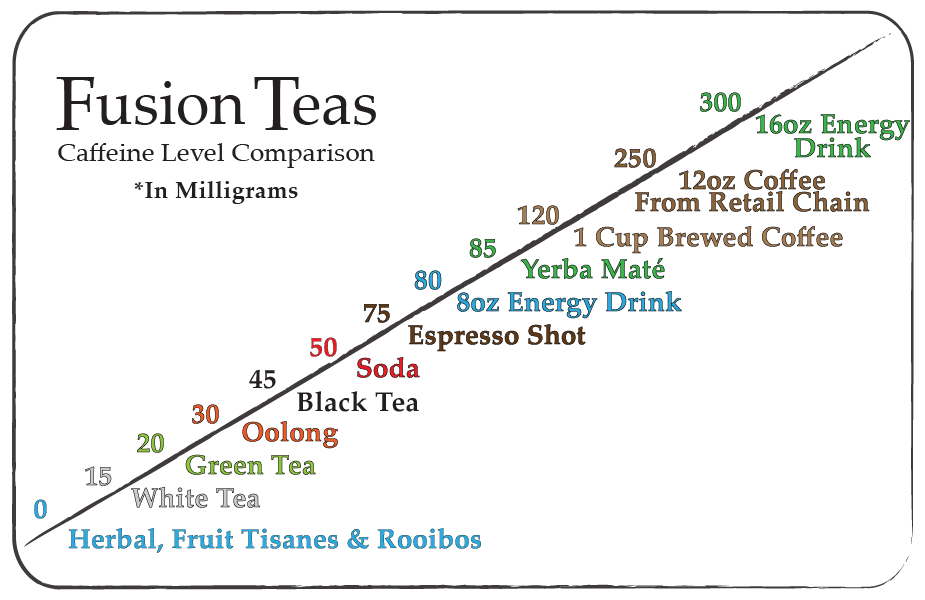Does Tea Have Caffeine
Yes, it does. But the amount may vary on how you brew the tea and drink it.
We all know that coffee contains large amounts of caffeine. When you want an instant pick-me-up in the morning, coffee – either black or with milk added to it – is the go-to beverage for most people.
However, there are others who are tea drinkers, and whose morning begins with a fresh cup of tea. Tea lovers can also knock back up to 5 cups of tea a day, while coffee drinkers try and restrict themselves to about two cups a day because of all the caffeine they are ingesting. But who says tea does not contain caffeine?
It turns out that two tablespoons of tea leaves contain almost the same amount of caffeine as one tablespoon of coffee beans. The amount is slightly less for tea powder, since some caffeine is lost in the processing. This explains why tea drinkers claim that they cannot properly wake up unless they’ve had their first cup of tea in the morning – they need their caffeine kick! Tea also contains a substance called ‘tannin’ which gives it a unique colour and taste, but which is potent enough to stain the teeth if you’re in the habit of drinking black tea regularly.
So why does the caffeine in tea not bother us as much as it does in coffee?

We don’t get the full blast of it. After boiling the tea leaves or tea powder, we strain the tea and drink only the water. Most of the caffeine is contained in the tea leaves/tea powder, so we ingest about 1/10th the actual amount of caffeine. In contrast to this, we grind coffee beans or use coffee powder to make our coffee, and almost all of the coffee content is used for drinking. Coffee beans release more caffeine than coffee powder, which explains why espresso is often more likely to keep you awake.
The more you dilute, the less potent it becomes. Black tea is consumed in some cultures such as in the Middle East, but Asians tend to add milk, sugar and spices to their tea. Research shows that the more tea extract is diluted, the less potent its caffeine and tannin content become. Adding milk, especially, negates most of the caffeine in the tea. This explains why a cup of tea drunk late in the evening, made using warm milk will not keep you awake, but a cup of espresso certainly will. On the other hand, black tea has a higher ‘kick’, so it is drunk slowly and served in small cups.
Tannin counteracts caffeine. Some studies focusing on the properties of tannin in tea seem to indicate that tannin actually ‘binds’ to caffeine, not allowing its full absorption into the tea water as the tea leaves brew. This happens also with green or white teas, which are drunk without milk or sugar and which still do not produce the typical caffeine ‘kick’.



